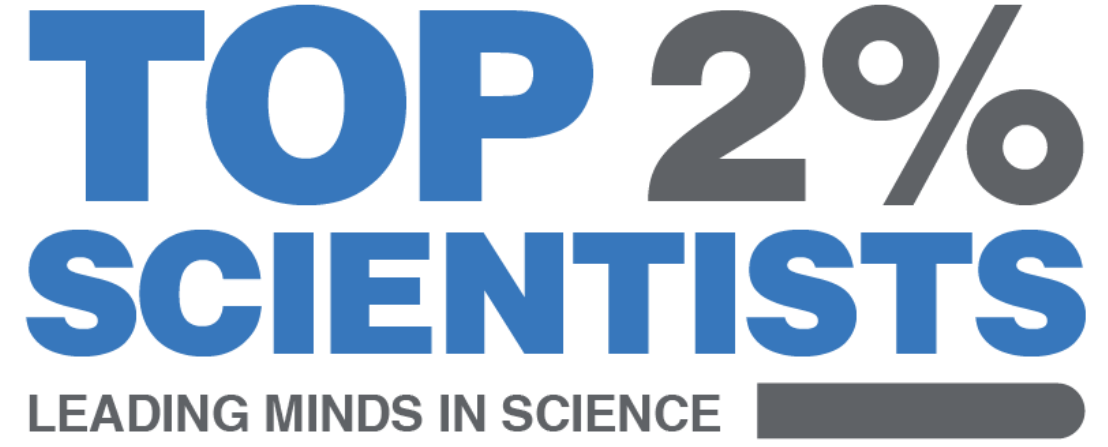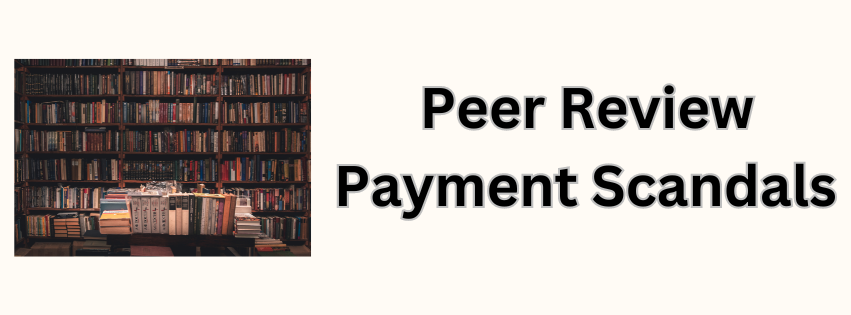Six major publishing companies are being sued for peer review payment scandals in a groundbreaking legal battle. The companies Elsevier, Wolters Kluwer, Wiley, Sage Publications, Taylor & Francis, and Nature allegedly use their influence to control and profit from reviewing and publishing academic journals. This lawsuit raises concerns about fairness, transparency, and the trustworthiness of scholarly research, directly impacting the educational community and the public. Peer review payment scandals have become a hot topic in academic publishing as major companies face unfair competition and practice allegations. The fairness of scientific research is now under scrutiny, with the need for transparency in academic publishing louder than ever.
The main focus of this legal case, brought by several academic organizations, is the urgent need to address the claim that major publishers are creating unfair competition by using their strong market positions. For example, Elsevier alone is said to control two-thirds of all international academic publications. The lawsuit highlights tactics such as conducting peer reviews without researchers’ consent and imposing strict limits on article submissions. These practices, which are not only believed to hinder the free flow of academic knowledge but also represent a serious injustice that slows down scientific progress, need to be addressed with immediate effect.
Instead of promoting collaborative academic development, these publishers are accused of prioritizing financial gain. The publishers made $3.8 billion in revenue from their journal operations, which may seem impressive. However, concerns have arisen that some of these profits were made by manipulating the system, undermining researchers’ efforts and financial stability. It’s suggested that some peer-reviewed journals may compensate researchers in ways that discourage knowledge sharing, contradicting the principles of open scholarship.

Co-counsel believes this situation takes advantage of researchers and the public, emphasizing that taxpayers fund research for education without limitations. This lawsuit seeks financial compensation and essential changes in academic research publication, which, if successful, could set a precedent for ending unfair competition practices in this knowledge-sharing field.
Amid this legal controversy, it’s critical to remember that authentic learning is not transactional. It’s about the open knowledge exchange between curious minds striving for a deeper understanding. With your support, we can ensure that the academic publishing process remains fair and transparent, creating a brighter, more equitable future for scientific research.
To get more context
Academic publishers face class action over ‘peer review’ pay, other restrictions
Other blogs
The Stealing Genius of LLMs: Are They Great Artists?
Local Large Language Models for Medicine and Research
John P.A. Ioannidis: Revolutionizing Scientific Rankings
Searchable Database for Top 2% Scientists
Visit TopResearchersList.com
If your name appears in the search results, claim your profile using your institutional email to update your social media links and enhance your online presence.





The allegations of peer review payment scandals in major academic publishing are a significant concern as they challenge the integrity of the entire research ecosystem. If these publishers are indeed prioritizing profits over the open exchange of knowledge, it threatens both the fairness and the transparency of scientific progress. Peer review should be driven by academic merit and collaboration, not financial gain or manipulation. Ensuring transparency in the peer review process is essential to maintain trust in scholarly research and to protect the contributions of researchers who rely on fair recognition for their work. Therefore, this lawsuit is timely and it highlights the need for reforms that promote equity and uphold the core values of academic integrity. Thanks!